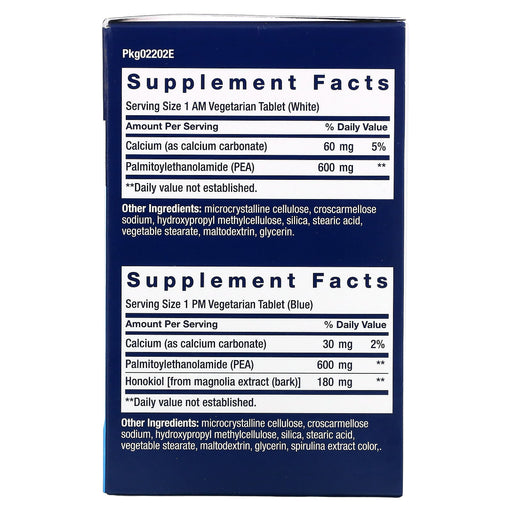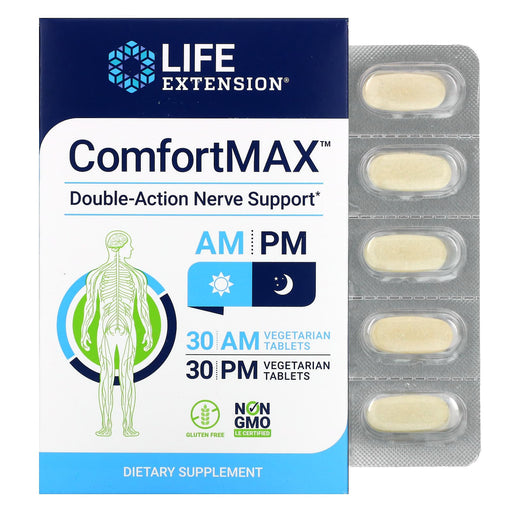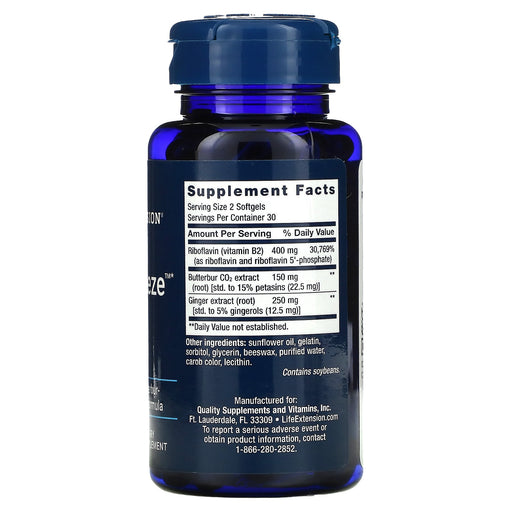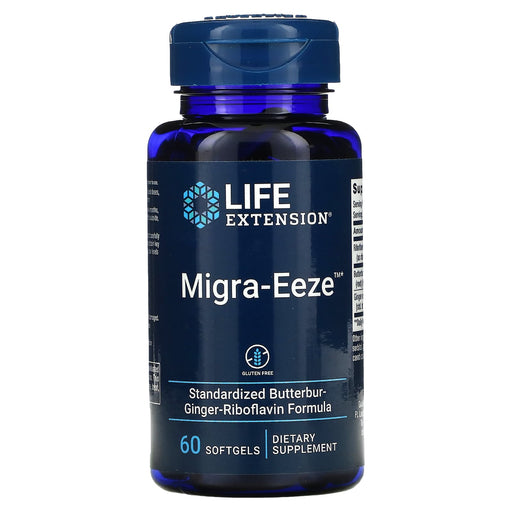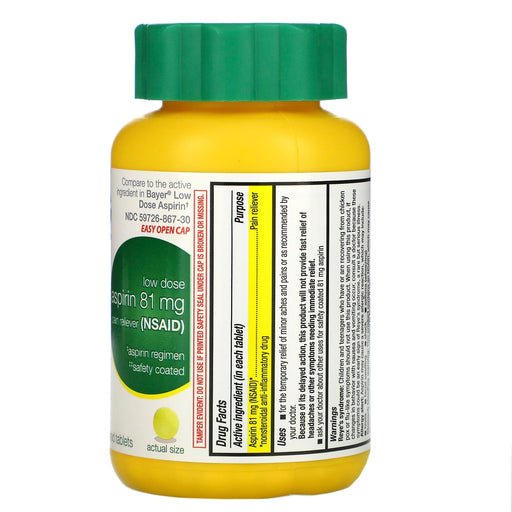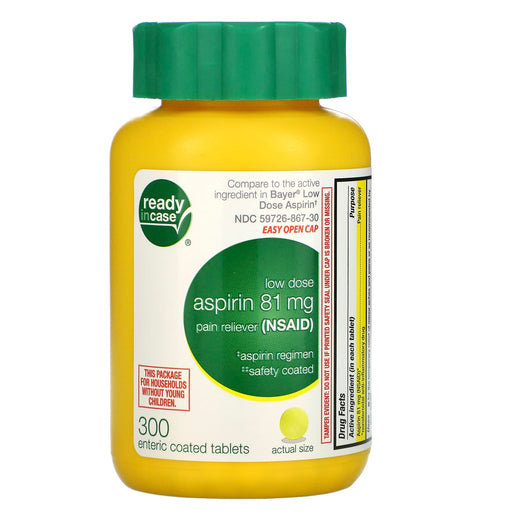
Medicine CabinetStocking Your Medicine Cabinet with Essential Vitamins, Supplements, and Natural Remedies
A well-stocked medicine cabinet is an essential component of any comprehensive approach to health and wellness. By keeping a variety of vitamins, supplements, and natural remedies on hand, you can be prepared to address common health concerns, support your body's natural defenses, and promote overall well-being. From immune-boosting nutrients to pain-relieving botanicals, the right combination of products in your medicine cabinet can help you navigate life's daily health challenges with ease and confidence.
Essential Vitamins and Supplements for Your Medicine Cabinet
When stocking your medicine cabinet, it's important to include a range of foundational vitamins and supplements that support overall health and wellness. Some key products to consider include:
- Multivitamins: A high-quality multivitamin provides a comprehensive blend of essential vitamins and minerals, helping to fill nutritional gaps and support optimal health.
- Vitamin C: This potent antioxidant supports immune function, skin health, and overall well-being, making it a must-have for any medicine cabinet.
- Vitamin D: Often referred to as the "sunshine vitamin," vitamin D plays a crucial role in bone health, immune function, and mood regulation.
- Omega-3 Fatty Acids: These anti-inflammatory fats support heart health, brain function, and joint comfort, making them a valuable addition to your wellness arsenal.
- Probiotics: These beneficial bacteria support digestive health, immune function, and overall well-being, helping to maintain a healthy gut microbiome.
Natural Remedies for Common Health Concerns
In addition to foundational vitamins and supplements, your medicine cabinet should include a variety of natural remedies to address common health concerns and promote overall wellness. Some effective options to consider include:
- Elderberry: This antioxidant-rich berry has been traditionally used to support immune function and promote respiratory health, particularly during cold and flu season.
- Echinacea: Another popular herb for immune support, echinacea has been shown to help reduce the duration and severity of upper respiratory tract infections.
- Arnica: This homeopathic remedy is renowned for its ability to relieve muscle soreness, bruising, and swelling, making it a valuable addition to any natural first aid kit.
- Peppermint Oil: This versatile essential oil can be used to alleviate digestive discomfort, relieve headaches, and promote mental clarity and focus.
- Magnesium: This essential mineral supports relaxation, stress relief, and healthy sleep, making it a useful remedy for managing stress and promoting overall well-being.
Pain Relief and Inflammation Support
For those seeking natural alternatives to conventional pain relievers and anti-inflammatory medications, several effective options can be included in your medicine cabinet:
- Turmeric: This golden spice contains curcumin, a potent anti-inflammatory compound that has been shown to help relieve joint pain and support overall inflammatory balance.
- Boswellia: Also known as Indian frankincense, boswellia has been traditionally used to relieve joint discomfort and support healthy inflammatory responses.
- White Willow Bark: Often referred to as "nature's aspirin," white willow bark contains salicin, a compound that has been shown to help relieve pain and reduce inflammation.
- Ginger: This warming spice has been used for centuries to alleviate digestive discomfort, reduce inflammation, and support joint health.
- Capsaicin: Derived from chili peppers, capsaicin creams and gels can be applied topically to relieve muscle and joint pain, thanks to their natural pain-relieving properties.
Choosing High-Quality Products for Your Medicine Cabinet
When selecting products for your medicine cabinet, it's essential to choose high-quality supplements and natural remedies from trusted brands. Look for:
- Purity and Potency: Opt for products that are made from pure, high-quality ingredients and are free from contaminants, fillers, and artificial additives.
- Standardized Extracts: When choosing herbal supplements, look for products that contain standardized extracts to ensure consistent potency and efficacy.
- Third-Party Testing: Select products that have undergone independent, third-party testing to verify their purity, potency, and safety.
- Brand Reputation: Choose supplements and natural remedies from reputable brands with a history of producing high-quality, effective products that prioritize transparency and scientific research.
Personalized Guidance for Your Medicine Cabinet
While the products discussed above can form a solid foundation for your medicine cabinet, it's essential to tailor your selections to your unique health needs and goals. Consult with a healthcare professional, such as a naturopathic doctor or integrative medicine specialist, to determine which supplements and natural remedies are best suited for your individual situation.
Curating a Comprehensive Medicine Cabinet for Optimal Health
At Health Orchard, we are dedicated to providing our customers with the highest quality vitamins, supplements, and natural remedies to support their health and well-being. Our extensive selection features products from trusted brands, formulated with pure, potent ingredients and backed by scientific research.
Whether you're looking for supplement to support your immune system, alleviate pain and inflammation, promote relaxation and stress relief, or simply maintain overall wellness, our carefully curated collection has the perfect products to help you stock your medicine cabinet with confidence.
Witness the power of natural medicine and experience the difference that a well-stocked medicine cabinet can make in your journey towards optimal health and vitality. Browse our selection today and take the first step towards being prepared to navigate life's daily health challenges with ease and assurance.
Frequently Asked Questions about Medicine Cabinet
1. What you should always have in your medicine cabinet?
- Pain relievers (e.g., ibuprofen, acetaminophen)
- Antihistamines for allergic reactions
- Antacids for heartburn and indigestion
- Antibacterial ointment for minor cuts and scrapes
- Bandages and gauze for wound care
- Thermometer to check for fever
- Tweezers for removing splinters or ticks
- Hydrocortisone cream for itching and rashes
2. Should you put medicine in a medicine cabinet?
Storing medicine in a medicine cabinet is not always the best option. Bathrooms often have high humidity and temperature fluctuations, which can affect the potency and stability of medications. It's better to store medicines in a cool, dry place away from direct sunlight, such as a hallway closet or bedroom drawer. Keep them out of reach of children and pets, and always follow the storage instructions on the label.
3. Is it okay to put vitamins in a pill box?
Yes, it is generally okay to put vitamins in a pill box or organizer, as long as they are stored properly. This can help you remember to take your vitamins regularly and keep track of your daily doses. However, be sure to keep the pill box in a cool, dry place away from direct sunlight, as exposure to heat, light, and moisture can degrade the quality of the vitamins over time.
4. Is it okay to put pills in a pill organizer?
Yes, putting pills in a pill organizer is a common and helpful practice for many people, especially those who take multiple medications daily. Pill organizers can help you keep track of your doses, ensure you don't miss any medications, and make it easier to manage your daily routine. However, it's essential to keep the organizer in a cool, dry place and to refill it regularly to ensure the pills remain in good condition.
5. Can you put gummies in a pill organizer?
It is generally not recommended to put gummies in a pill organizer, as they may stick together or melt, especially if exposed to heat or moisture. Gummies are best stored in their original container in a cool, dry place. If you need to take gummies as part of your daily routine, consider keeping the bottle nearby or setting a reminder to take them separately from your other medications.
6. Is it bad to keep different pills in the same bottle?
Yes, it is generally bad to keep different pills in the same bottle. Mixing medications can lead to confusion and potential errors in dosing, as well as make it difficult to identify the pills if needed. Additionally, some medications may interact with each other when stored together, affecting their potency or safety. It's best to keep each medication in its original labeled container or use a separate compartment in a pill organizer for each type of pill.
7. What are the best things to hide pills in?
If you need to take pills but have difficulty swallowing them, there are several options for making the process easier:
- Applesauce or yogurt: Mix the pill with a small amount of soft food.
- Pudding or ice cream: Hide the pill in a spoonful of a creamy treat.
- Peanut butter: Wrap the pill in a small amount of peanut butter.
- Soft foods like mashed potatoes or macaroni and cheese can also work.
Always check with your healthcare provider or pharmacist before crushing or hiding pills, as some medications should not be altered.
8. What is the best way to absorb pills?
The best way to absorb pills is to follow the instructions provided by your healthcare provider or pharmacist. Generally, it's recommended to take pills with a full glass of water to help them dissolve and move through your digestive system more easily. Some medications may require you to take them with food or on an empty stomach for optimal absorption. Always read the label carefully and follow the specific instructions for each medication.
9. What is the trick to taking pills?
If you have difficulty swallowing pills, try these tips:
- Drink a full glass of water with your pill to help it go down smoothly.
- Tilt your head back slightly, place the pill on your tongue, and swallow with water.
- Try drinking from a water bottle with a narrow opening to help guide the pill down.
- Take a deep breath before swallowing to relax your throat muscles.
- Practice with small candies or sugar pills to get used to the sensation.
If you continue to have trouble, talk to your healthcare provider about alternatives like liquid medications or chewable tablets.
















